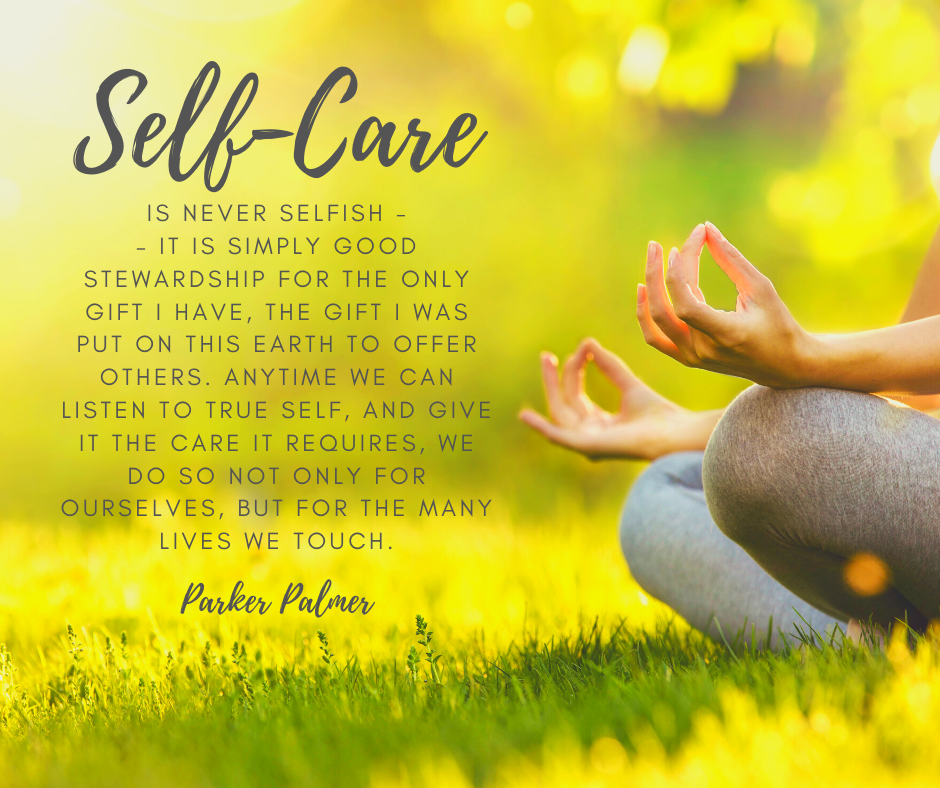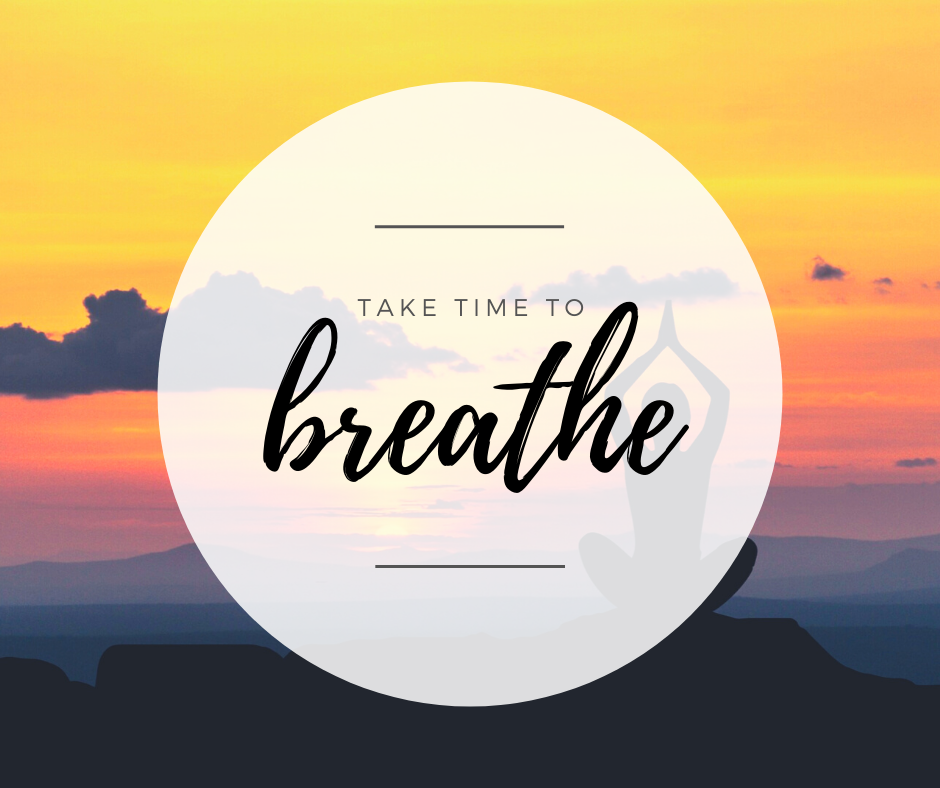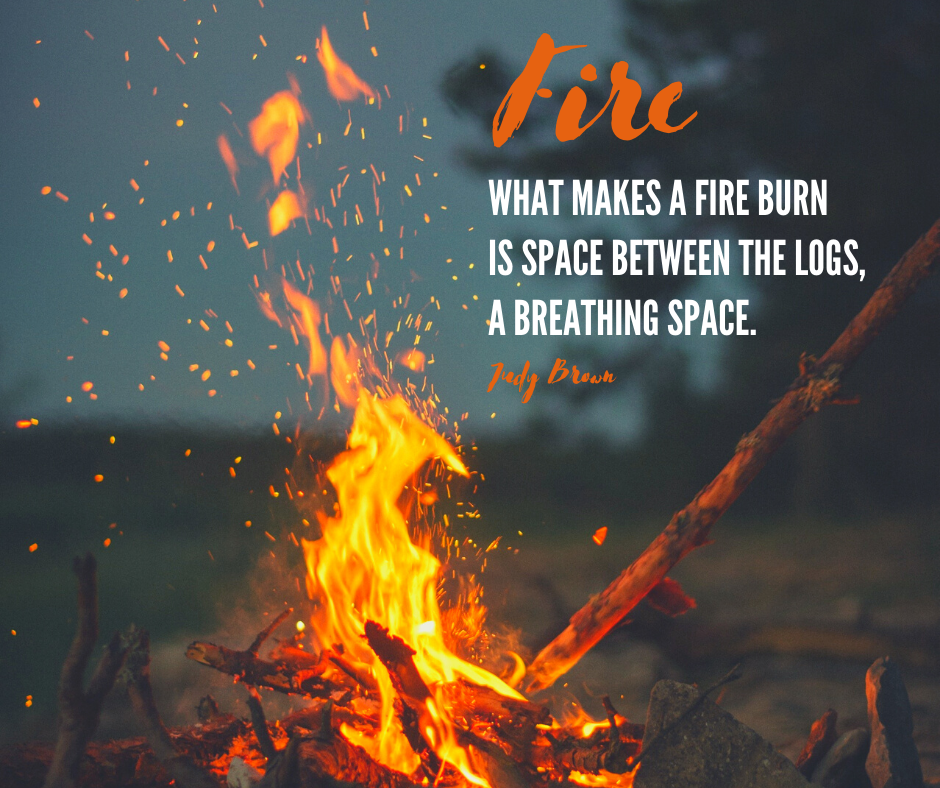Self-Care is Never Selfish
July, 2020

When faced with so many in need during this time of crisis, it may feel indulgent or even privileged to be talking about self-care. It is actually more important than ever.
Many of us are familiar with the “oxygen mask rule” from air travel. The rule instructs us in an emergency to put on our own oxygen mask first before helping those around us. Roland Barth, founder of the Harvard Principals’ Center, frequently employed this metaphor to make the point that adults in schools need to be learning and growing in order to help students learn and grow. Psychologist Rob Evans invoked the rule to remind educators that we must take care of ourselves in order to care for others.
Now more than ever, the oxygen mask rule is needed in education. Teaching and leading during this challenging and unprecedented period of a coronavirus pandemic and national protests to end systemic racism only underscores that educators must be able to handle stress and model caring and culturally responsive practices in order to create school and classroom communities where everyone feels safe, cared for and valued.
During this spring of school closure and remote learning, teachers and principals reported increased stress as they struggled to cope with the unknown and plan for new ways of teaching and learning. And, as is a danger when working from home, the lines between work and home blurred and it became even more challenging to unplug from work and turn the inner voice off.
When faced with so many in need during this time of crisis, it may feel indulgent or even privileged to be talking about self-care. It is actually more important than ever. Parker J. Palmer, author of The Courage to Teach, reminds us that: “Self-care is never a selfish act – it is simply good stewardship for the only gift I have, the gift I was put on this earth to offer others. Anytime we can listen to true self, and give it the care it requires, we do so not only for ourselves, but for the many lives we touch.”
One helpful way to think about self-care can be found in the work of the Mind and Life Institute, which defines 3 modes of care: receiving care, developing self-care and extending care. In this framework, self-care is defined as the ability to bring attention to our feelings and thoughts in a deeply accepting way. This is essential not only for our own well-being, but also for our ability to care for others. If we have difficulty facing our own inner life, including challenging thoughts and emotions, we may also struggle to accept and embrace others.

Practices to Develop Self-Care
Mindfulness, meditation and reflection are all ways to promote this type of self-care. The key is to identify a practice that feels right for you and that can be done on a regular basis without becoming another item on the daily to do list.
Daily Practices
- Adopt a daily meditation practice: There are many apps and examples readily available on line. One simple example is the Three Minute Breathing Space, which can be done by yourself – or used to start a class or faculty meeting.
- Daily Reflection Time: Create a time in your day for reflection – even just a few minutes. Sit down and journal, take a walk, or reflect with another person.
- Gratitude Journal: Make it a habit each day to make a note of something you are grateful for or some small thing that delighted you.
Mini-Practices
If a daily practice feels like too much, Pamela Seigle, founder of Open Circle and co-developer of Leading Together: Building Adult Communities in Schools, has identified what she calls “mini-presence practices.” Here are some of her suggestions:
Pick something you do at least a few times every day that can be a cue to be mindful (e.g. washing dishes, taking a shower, getting in the car, sitting down at your computer). Each time you do it, take a moment to shift your attention and notice your physical sensations. (I tried this one each morning for a year – pausing before I got out of the car after arriving at school.).
Notice the physical location where you are. Martial artists bow before entering or leaving their practice space to remind themselves that it is a space of learning. What might be the equivalent of a bow as you enter school each day?
When you notice yourself walking very quickly, stop for a moment and listen to the sounds around you. Then resume walking. (I like this one because a teacher once told me I needed to slow down and “stroll more.”)
Before you go into a high stakes meeting, pause and close your eyes, notice physical sensations, feelings and thoughts, and take a few calming breaths.
When in a meeting, notice if your hands are clenched or arms crossed. If they are, uncross your arms and open your palms. Notice if there’s a change in energy.
In order to be more fully present for our students, our colleagues, and our communities - not to mention our own families, we need to practice self-care. In her poem Fire, Judy Brown writes:

As you prepare for the uncertain and challenging school year to come, may you find the breathing space you need to care for yourself and in turn to care for others.
Other Resources for Self-Care
- Greater Good Science Center: Website rich with resources and an excellent newsletter with ideas and suggestions.
- The Growing Edge: A new website with blogs, podcasts and music from Carrie Newcomer and Parker J. Palmer
- Kripalu Center for Yoga and Health's RISE Program for Educators: A professional development program from the world-renowned yoga center for teachers that can then be applied in the classroom.
- Mind and Life Institute Call to Care: A professional development program for teachers that can then be applied in the classroom.
References
- Barth, Roland, Learning by Heart (San Francisco, CA: Jossey-Bass, 2001)
- Brown, Judy A Leader’s Guide to Reflective Practice (Trafford Publishing, 2008)
- Francis, Shelly, The Courage Way: Leading and Living with Integrity (Oakland, CA: Barrett-Koehler Publishers, 2018)
- Evans, Robert, Seven Secrets of the Savvy School Leader (San Francisco, CA: Jossey-Bass, 2010)
- Palmer, Parker J, The Courage to Teach: Exploring the Inner Landscape of a Teacher’s Life, 20th Anniversary Edition (San Francisco, CA: Jossey-Bass, 2017)
- Seigle, Pamela, Sankowski, Lisa, and Wood, Chip, Leading Together: Building Adult Communities in Schools (Seattle, WA: Center for Courage & Renewal, 2015)